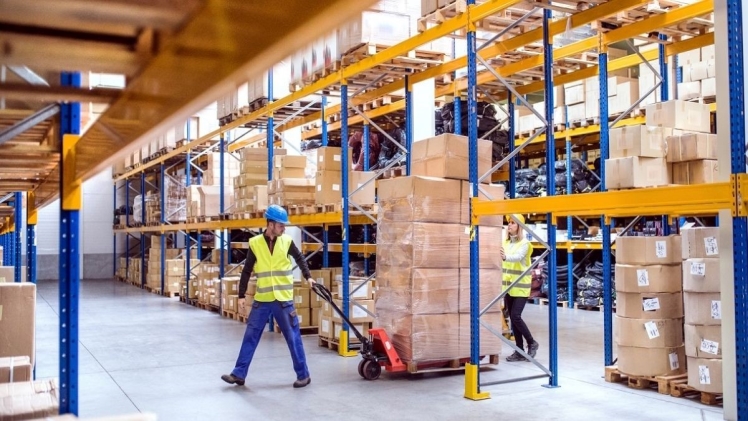There are many factors that you should consider when planning for the construction of a warehouse facility. The most important one is the location. If you plan on having a warehouse that is open 24 hours a day, you will need to find a location that has a lot of available workers. A location that is located in a high-density residential area is more likely to have a large pool of workers. In addition, make sure the AI in Warehouse Management is large enough to accommodate your goods and the amount of space you need.
Timeframe is Crucial
Another important aspect is how quickly you can set up a warehouse. Even if you have a lot of funds, it will take months or even years to build a warehouse facility from the ground up to provide warehousing services. If you are a startup, a contract warehouse is an excellent option. Unlike building a warehouse from scratch, you can start delivering your goods to consumers within a matter of days. A new business that needs to reach consumers quickly can opt for contract warehousing.
Key To Successful Business & Growth
A warehouse facility can contribute to your business profits in a variety of ways. It can provide outsourced packaging services and buffer inventory, which smooths out supply and demand fluctuations. These benefits make it important to have a warehouse facility, and can also help you create investment stocks. A warehouse is no longer just a place to store goods, however. With more options, you can expect to receive a better return on investment than ever. If you want to maximize the value of your warehouse, you must plan the different types of goods movement that will occur in the facility.
Climate & Environmental Factors
Another factor to consider is the climate of the facility. Some warehouses are specialized in storing a particular type of product, while others specialize in a specific type. If you are an e-commerce company that sells clothing, you may need a climate-controlled warehouse. This is crucial because some products are perishable and require special handling. You may have no idea that some items smell strange until a customer contacts you and tells you that they’re out of stock.
You should consider environmental factors, as well as the climate of the area in which your warehouse is located. You should also consider whether the location has access to nearby streams or ponds. The environment will play a large role in the location of your warehouse. Moreover, the location of your warehouse can affect your bottom line if it’s near a stream. Some places have hazardous materials, and you should consider all these factors before choosing the best spot for your business.
Not All Warehouse Facilities Look Alike
The structure of a warehouse facility can vary considerably. In the simplest form, a warehouse is simply a room that is used to store goods. Other features of a warehouse facility include toilets, changing rooms, and a manager’s office. Depending on the size of your warehouse, it may be necessary to have multiple buildings. Moreover, a warehouse with many levels can be difficult to monitor and maintain. In the worst-case scenario, you may not have access to a central storage facility.
Location of Warehouse Facility Matters
A warehouse should be close to your customer base. A warehouse in a central location can increase your sales, and a warehouse in the right location will increase your profits. If you’re looking for a centrally located warehouse, you should look for a facility that is located near your market. If you’re a large company, you’ll want to consider a facility that’s close to your customers. This will allow you to deliver products faster to your customers.
Consider The Items You Need To Store
If you need to store documents, you should choose a warehouse that meets the requirements of your business. It should fit your needs and the needs of your employees. It should also be located centrally so that it’s easier to transport goods in and out of the warehouse. It can be a centralized location or a remote location. In both cases, you’ll have the option to choose from a variety of storage options. There are many benefits of a central location.
Wrapping Up
Private warehousing facilities are often run as a division of a company. They usually have a dedicated workforce and satellite facilities that are off-site. The owner of the facility will have complete control over the operations of the warehouse. But it will cost you more in the long run. A private warehouse is generally owned by the company that owns the products it holds. It can be advantageous for businesses. It can help you cut costs related to quick fulfillment.
Click here to know more about webmagazine420

